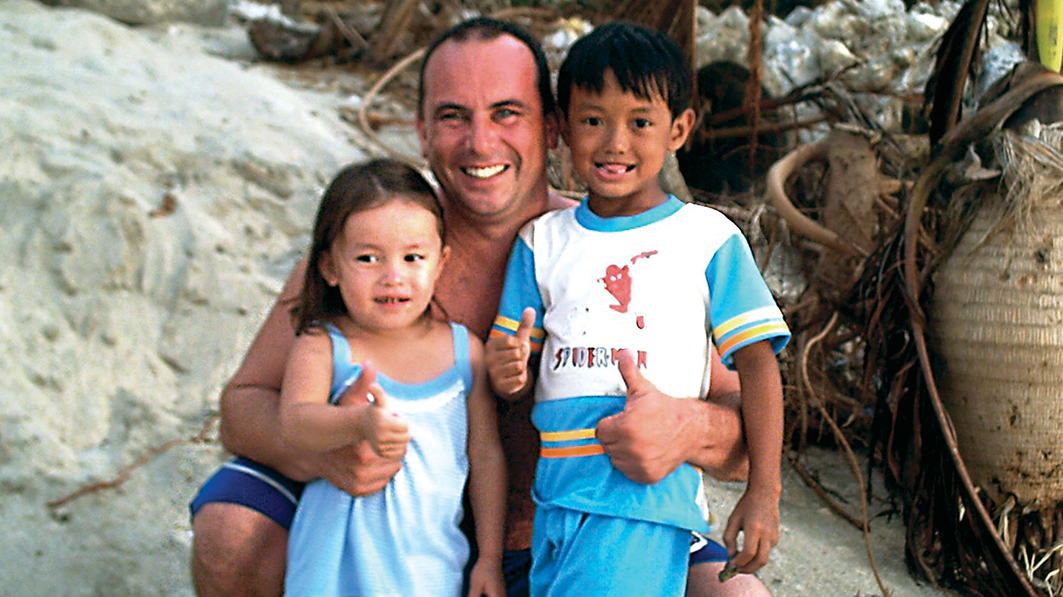Scott McMahon, 45, is an American citizen. Originally from Kent, Wash., he’s been living in the Philippines since 2003 and raising a family with his girlfriend, a Filipina named Marnelli.
But for the last five years, McMahon has been held in Muntinlupa City Jail in Manila. He hasn’t been convicted of any crimes; in fact, he hasn’t even been tried yet.
After allowing a neighbor going through some marital difficulties to stay at his house in 2008, McMahon found himself increasingly drawn into the other couple’s drama. At one point, the other man’s wife, Delores Vermeulen, had local police raid the McMahon home while the children were present. Afterward, McMahon’s toddler son began showing symptoms of post-traumatic stress disorder, so in 2009, McMahon sued Vermeulen for child abuse and stealing some items from his house during the raid. In July 2010, a judge dismissed all the charges except child abuse, which are still pending.
A month later, Vermeulen told police McMahon had raped her. She gave a date—Feb. 11, 2010, six months earlier. As it turned out, the McMahons were visiting Marnelli’s family at the time, in a town 10 hours away, with plenty of eyewitnesses to prove it.
Nonetheless, McMahon was arrested in April 2011 on live television, taken promptly to Muntinlupa City Jail, and has remained there since.
According to Human Rights Watch, the Philippines has the most detainees in Southeast Asia waiting for court dates—between 85 and 90 percent of the 94,000 inmates nationwide have yet to be tried or convicted. Rather than being released on their own recognizance while awaiting trial, as is common in the U.S., the Philippines is violating international human rights agreements by keeping them in detention, some for as long as 14 years.
This results in severe overcrowding and horrific conditions unimaginable to people used to the American penal system. According to the Philippine Bureau of Jail Management and Penology, the average jail is 380 percent over capacity. In Manila, where McMahon is being held, the jails designed for a total of 4,749 prisoners currently hold 21,868.
Though international justice is usually expensive, with costs ranging in the millions, in McMahon’s case “it would only take about $15,000” to hire the right Filipino lawyer to get him out of jail, says David House Managing Director Eric Volz.
However, McMahon’s family is already tapped out. His mother, Shelley Campanella, is a single woman who’s already liquidated her assets in McMahon’s defense, and is now faced with helping his older brother, Marc, who’s dealing with some health problems that may require a liver transplant.
To contribute to McMahon’s defense, learn more about his case or drop him an encouraging note, visit www.freescottmcmahon.com.
Originally published in the May 2016 issue of Citizen magazine.






